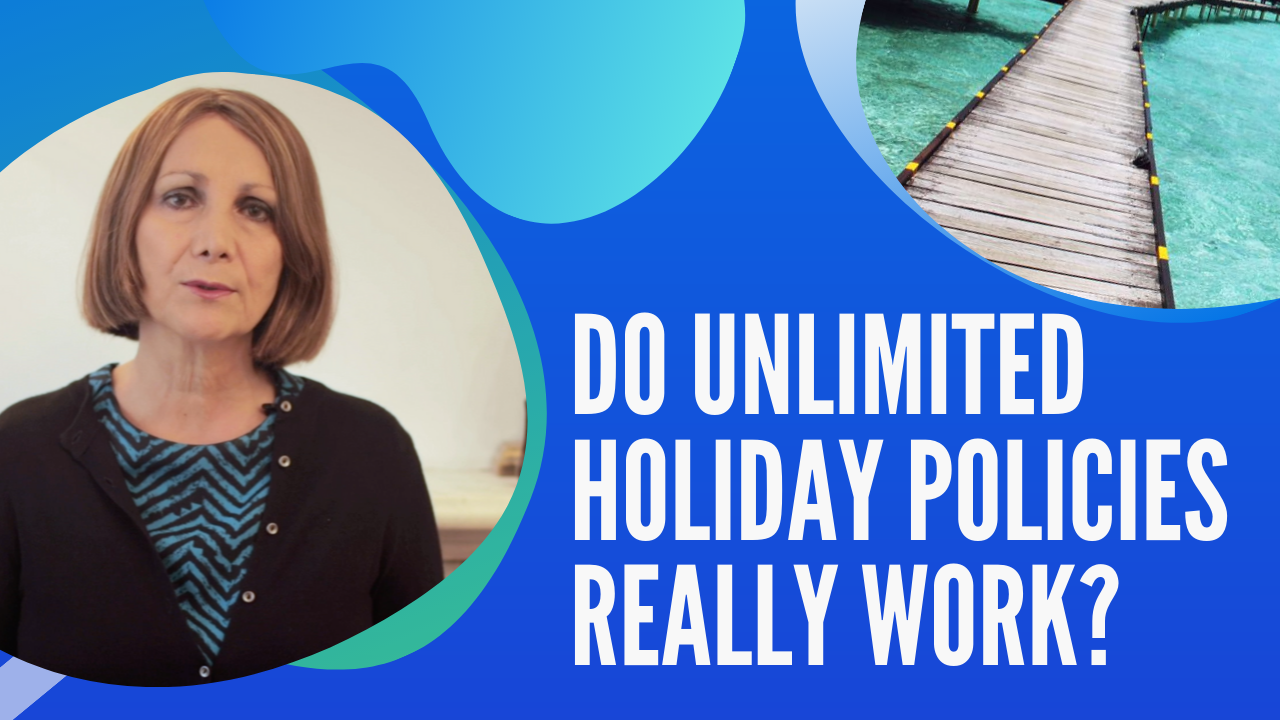Do Unlimited Holiday Policies Really Work?

When Richard Branson first started talking about giving his employees at Virgin unlimited vacation days this caused a ripple of uncertainty across the businesses that were striving to provide the best employee benefits package in their respective industries.
HR directors who had previously been attracting the top talent by offering flexi days and generous holiday entitlement to employees wondered what this would lead to. Previously satisfied employees who heard about the benefits at Virgin suddenly found themselves in envy.
Branson wasn’t the first company to introduce unlimited holidays but his reputation drew attention to the fact that companies were offering these kinds of perks. However, as more companies have explored the idea of providing unlimited vacation policies, it has become apparent that it doesn’t work for every company.
The problems encountered by introducing unlimited holidays
Netflix and Virgin continue to provide these policies to help attract high-quality employees, but it is worth noting that these companies both have a large volume of employees (Netflix 3,500+ and Virgin Group 1,800+). It has proven to be much more difficult for smaller businesses to manage their unlimited holiday policies, as reflected in this article, where the HR advice company explains that they have removed it after three years of trying to make it work. Their key reason for deciding not to carry on with policy was because employees were not taking enough holidays.
This seems to have been an issue across lots of companies that had adopted the unlimited holiday approach, where they found that some employees felt that they didn’t want to ask for too many holidays and actually ended up taking fewer days off than their previous allowance. Another reason that unlimited holidays is not always seen as a genuine benefit is because in some cases employers saved money by offering unlimited holidays, as it meant they did not have to pay employees for holidays that were not taken.
How to make it work
Software company Kronos (over 5000 employees) found a way of tackling the issue of employees not taking enough holidays. CEO Matt Kalinowski recently spoke to Harvard Business Review about how introducing unlimited holidays had helped their company recruit employees when they had struggled to fill a large volume of positions.
With the knowledge of the issues that had led to the policy not working for other companies, they rolled out a host of other benefits like increased maternity leave, introduced a childcare assistance program and ensured that the company did not profit from the unlimited holiday policy. Rather than taking the standard approach of not tracking holidays, they decided to track them to see the effect of the policy and to ensure managers were implementing the policy in a fairway. Managers received training to learn how to manage holiday requests to ensure that times like school holidays didn’t impact the business too much.
Three years after introducing the policy, they found that people were taking around 2-3 days more each year and that high-performing employees felt more entitled to take more time off. The most that anyone had taken off was six weeks and nobody had abused the policy. Their employee engagement levels were higher and they had their best financial performance the year after introducing the policy. They also benefited from a reduction in employee turnover and overall it has been a resounding success.
Conclusion
Unlimited holidays will only work if the culture of the business allows it to be used as an actual benefit, rather than a policy that saves the company money, or that is open to abuse. Dedicating time and training to ensure that it is implemented well and having open conversations about the policy with employees to bring any concerns to light is also a critical part of making it work. The HR managers and team managers must trust the employees not to abuse the system and also trust that employees having more days off will result in better performance.


